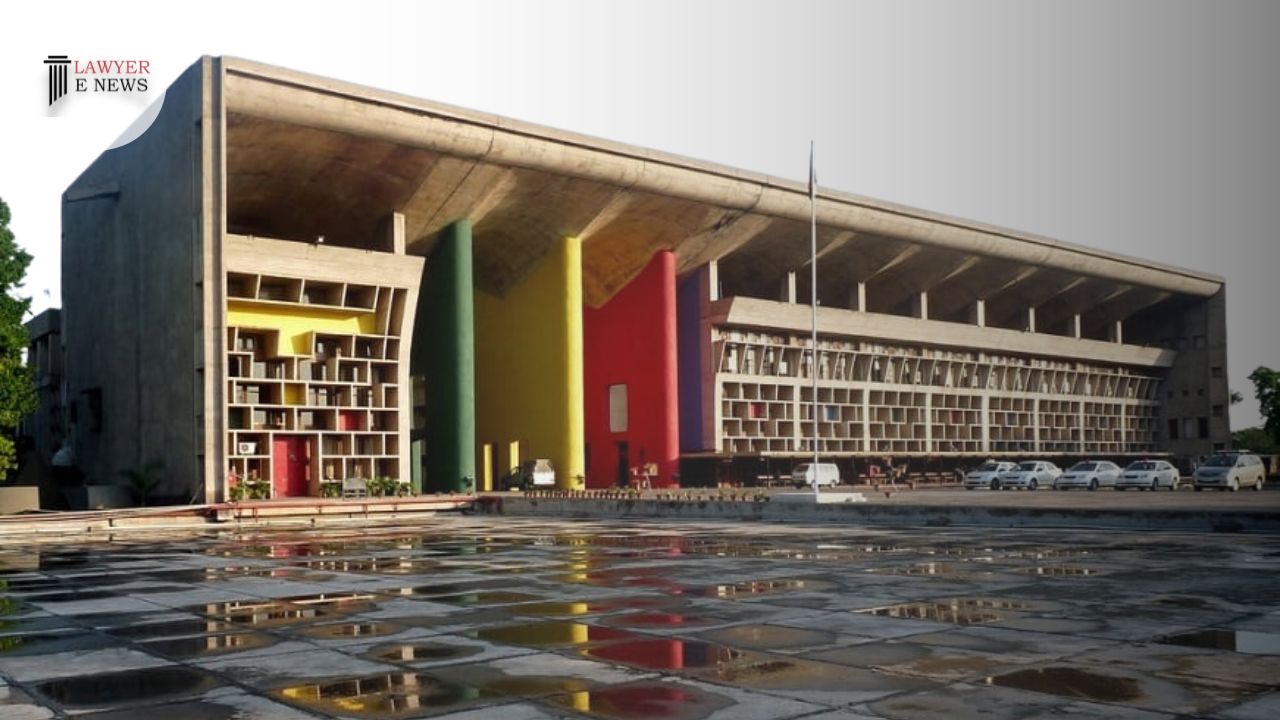-
by Admin
15 February 2026 2:36 AM



In a significant ruling, the Punjab and Haryana High Court granted bail to Paramjit Kaur, also known as Kali, in a case related to violation of Section 21 of the Narcotics Drugs and Psychotropic Substances Act (NDPS Act). The court emphasized the importance of proportionate conditions while granting bail, ensuring a balance between the accused’s liberty and the necessity of a fair trial.
Highlighting the court’s reasoning, the judgment stated, “The bail conditions imposed by the Court must not only have a nexus to the purpose they seek to serve but must also be proportional to the purpose of imposing them.” The court further quoted previous cases to emphasize that bail conditions should not result in the deprivation of rights and liberties.
The petitioner sought bail on the grounds that the quantity of contraband involved was less than the commercial threshold, rendering the stringent provisions of Section 37 of the NDPS Act inapplicable. Considering this argument, the court observed that the quantity allegedly involved in the case was not of a commercial nature, thereby excluding the rigorous conditions prescribed under Section 37.
However, the court took into account the petitioner’s criminal antecedents, which included two previous FIRs. Despite the criminal history, the court, referring to precedents, opined that the petitioner’s previous record should not be the sole factor for denying bail at this stage.
To ensure the safety of society and prevent the repetition of the offense, the court imposed several conditions for granting bail. These conditions include furnishing personal and surety bonds, surrendering weapons, providing identification details, and restricting the petitioner to a single mobile number linked to their Aadhaar card.
In addition, the judgment emphasized that the petitioner should not influence witnesses or tamper with evidence. The court further directed the petitioner to procure a smartphone with GPS enabled, share location information when required by the investigating officer, and surrender all weapons within fifteen days of release.
While granting bail, the court emphasized that the conditions imposed aim to give the petitioner an opportunity to reform and prevent the repetition of the offense. The judgment also made it clear that the observations made in the order should not be considered as an expression of opinion on the merits of the case by the trial court.
This landmark judgment sets a precedent for proportionate and balanced bail conditions in NDPS cases, ensuring the rights of the accused while maintaining the integrity of the legal process.
Quote from the Judgment: “The bail conditions imposed by the Court must not only have a nexus to the purpose they seek to serve but must also be proportional to the purpose of imposing them.”
Decided on: 06.07.2023
Paramjit Kaur @ Kali vs State of Punjab
